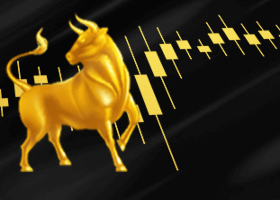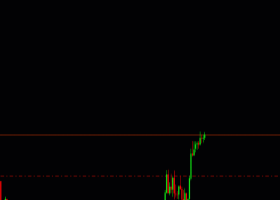Will the Euro Keep on Climbing? - Commerzbank
Despite more expansionary ECB policies, the euro has appreciated
considerably. As far as moves against the US dollar are concerned, this
is partly due to markets having lost faith in a tightening of US
monetary policy. What is more, the ECB has ceased to talk the euro down.
Nonetheless, we continue to reckon with a weaker euro in the
medium-term.
Key Quotes
"Since December,
EUR-USD has strengthened significantly from levels of around 1.06 to
rates around 1.14. Besides a hesitant Fed, the signals recently sent out
by ECB president Mario Draghi have also played a role. How long this
euro strength will continue depends largely on the US central bank. Were
it to soon follow up its December interest rate move with further
steps, the exchange rate would likely fall again. Moreover, the ECB will
probably also react to a euro that it believes to be too strong, and
other EUR-positive factors at present such as low inflation expectations
should also lose potency."
"For a long time, many observers bet
on pronounced EUR-USD weakness amid the “divergence of monetary
policies”. Rising interest rates in the US and an increasingly
expansionary monetary policy in Europe were conditions which many people
thought was an ideal situation to produce a downward trend in EUR-USD.
But the sums didn’t quite add up as this divergence has been smaller
than expected so far."
"This is largely because the Fed clearly
wants to raise US interest rates at a much less aggressive pace than
assumed only a short while ago. FOMC members themselves now only expect a
funds rate of 0.875% (median expectation) at the end of the year, i.e.
two rate hikes this year. At the December meeting, the FOMC was still
pencilling in four hikes. The expectations for the end of 2017 have also
been reduced accordingly.
This signal has been strengthened by the
fact that this downward revision was once more correctly anticipated by
the market because of the experience of past years in which the FOMC has
systematically revised the “dots” to the downside. The market is
therefore pricing in an interest rate path that is well below the FOMC’s
dots and with every downward revision by the FOMC, investors are less
convinced that Fed monetary policy in the next year or two will deserve
to be called a “rate hike cycle”. This is naturally weighing on the US
currency. While it has gained an average of 7% versus other G10
currencies in the 12 months before the first Fed interest rate rise, it
has since fallen by 5%."
"Although we do not expect as many Fed
rate rises as the FOMC, we do anticipate more hikes than the market.
Once the market corrects upwards its Fed interest expectations, this
should give substantial tailwind to the US currency and weigh on
EUR-USD."
(Market News Provided by FXstreet)



